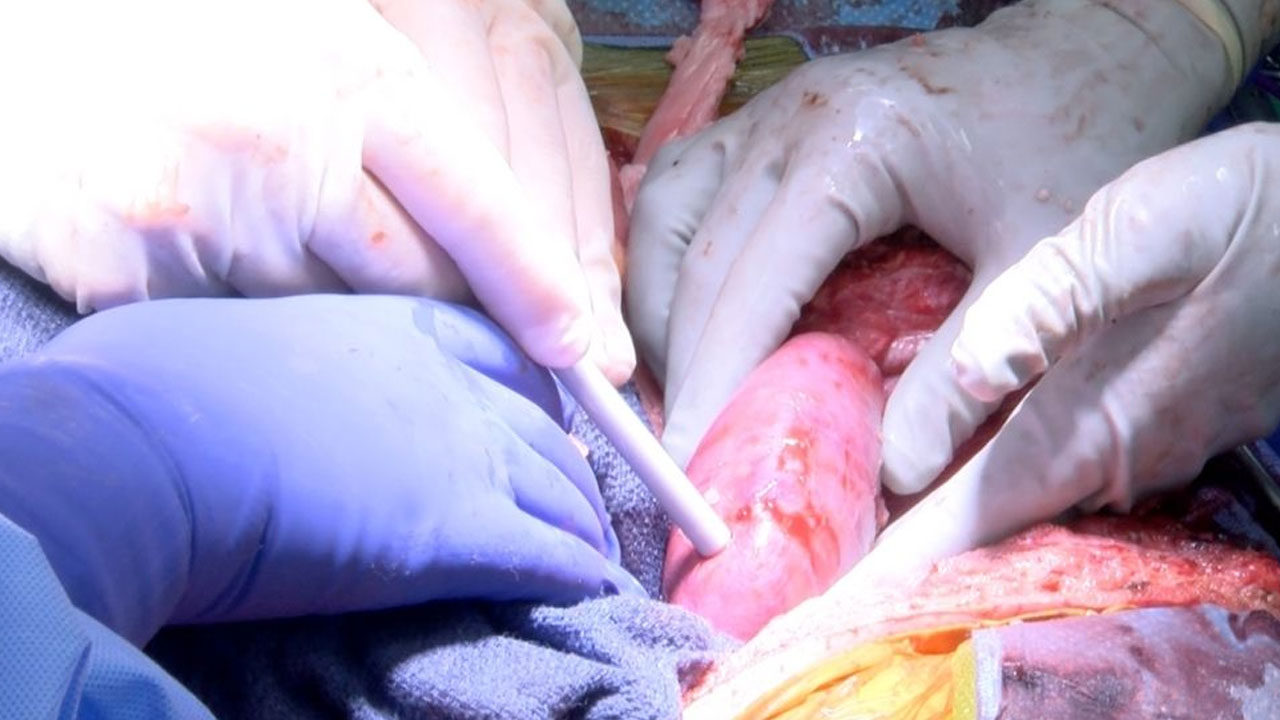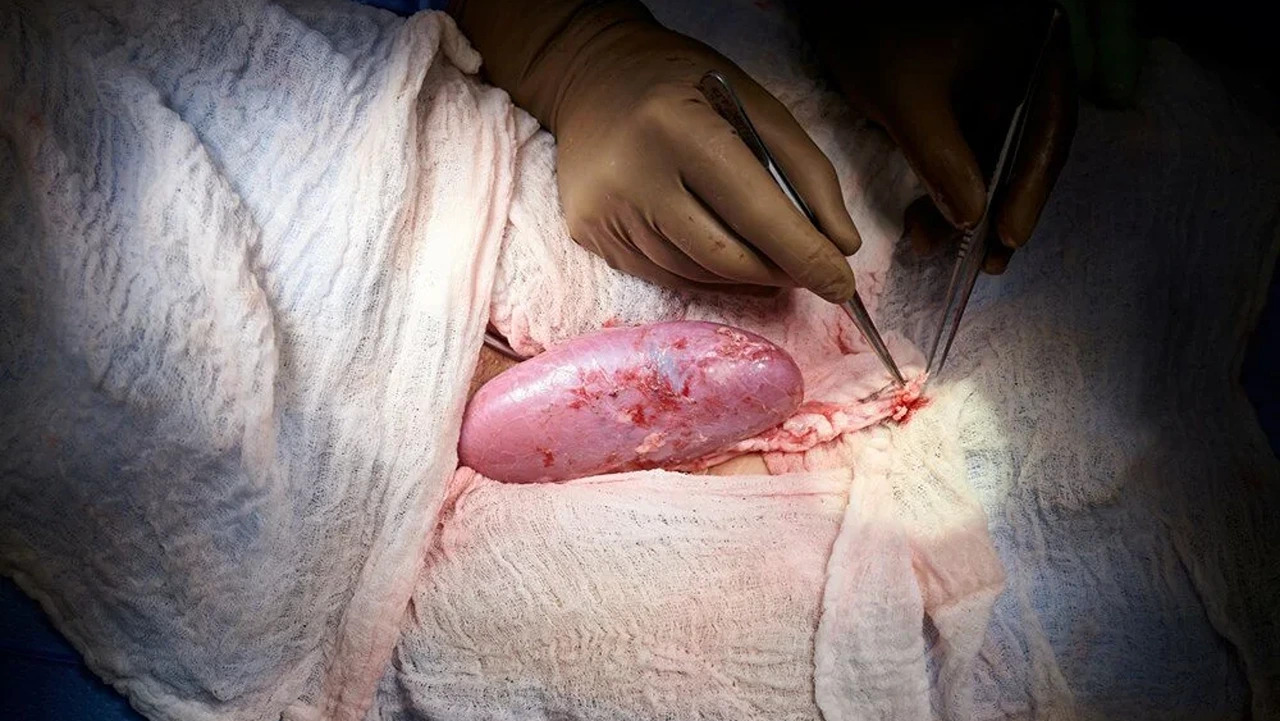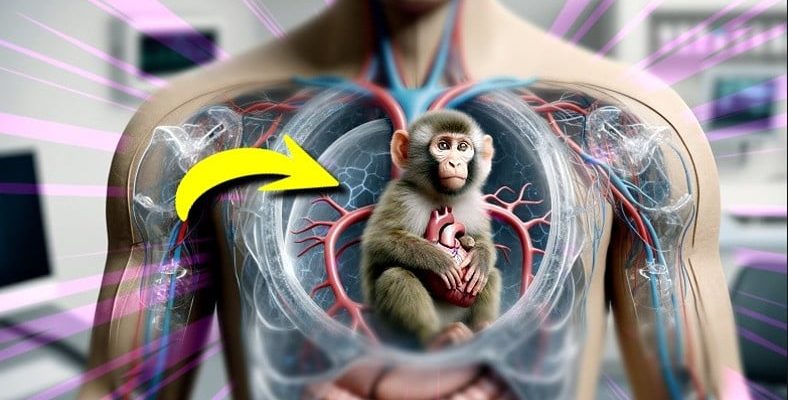Every day, a solution to a problem is developed in medicine, and organ transplantation is one of them. It is a proven fact that organ transplantation from animals to humans is possible. What about organs transplanted from animals to humans, are they susceptible to problems later on?
in recent years organ transplantation from animal to human The subject has become a remarkable research topic. However, a number of difficulties encountered in this method still make this treatment option limited.
For example, animal organs can often be incompatible with the human body, and our immune system risk of organ rejection It can keep you alive.
Alright successful removal of an animal’s organ Let’s imagine that it is transplanted into a human. In such a case, is it still possible to experience the health problems we experience in our organs?
Organ transplantation from animals to humans is a procedure that has been performed for a long time.
Organs obtained from animals meaning transplantation to humans xenotransplantation There are a few difficulties in the process. Factors such as incompatibility issues, immune system rejection and infection risks are factors that make this process difficult.
Today, organ transplantation is known as an important treatment method that saves the lives of many people. However Limited organ donation and incompatibility problems This causes many patients to have difficulty meeting this vital need. This is exactly where xenotransplantation, which we call animal-to-human transplantation, comes into play.
We actually became acquainted with this method long ago, thanks to simple blood transfusions and skin transplants.
Stephanie Fae Beauclair
However, as xenotransplantation became more advanced, trials such as chimpanzee-to-human heart transplants began in the 1960s. Unfortunately, the first attempts were not successful because the organs could not provide sufficient support. Later in 1992, a Attempts were made to transplant the liver of a baboon monkey to humans.
There was no long-term success in these attempts. Baby Fae, which took place in 1983 In the incident, a baboon heart was transplanted to a girl, but the baby’s life lasted only 20 days.
In the past, it was very difficult to find suitable donors for organ transplantation and treatments such as dialysis had not yet been developed.

delicate visual
In the 1960s the USA Keith Reemtsma, from Tulane University, He proposed the idea that non-human primate kidneys could be used to solve this problem. At that time, organ transplants were mostly done through chimpanzee transplants. However, most of these attempts failed due to either rejection or infection.
After the studies led by Reemtsma, another important step in the field of animal-to-human organ transplantation was taken in 2022. Surgeons at New York University Langone HospitalThey successfully transplanted a kidney from a genetically modified pig into a human body.
“Why are pigs considered more suitable for transportation?” If you say so, there are a few simple reasons:

delicate visual
Pig breeding is considered by scientists due to its advantages such as ease of breeding, short pregnancy periods, high number of offspring, appropriate adult organ sizes and low maintenance costs. To solve the organ shortage crisis pigs are seen as the most suitable option.
So, can the transplanted organ cause any problems for the person?
May occur during transplantation from animal organs to humans biological barriers and infection risksis among the important problems that occupy researchers in this field. Therefore, animal-to-human organ transplantation currently seems far from a safe and effective solution.
Despite this, with the continuous developments in the scientific world, it will be possible in the future in this field. technological advances can offer safer and more effective solutions. However, for now, people in need of organ transplantation are generally recommended to receive organ transplantation from humans.
Studies and trials so far have shown that xenotransplantation has a number of challenges.
Of course, an animal’s organs are not the same as our organs. For this reason the transplanted organ There is no guarantee that it will function like a normal human organ. “What challenges await us?” If you ask, we can list it as follows:
- There is a large gap between humans and animal organs. Immunological (immune) incompatibilities may be present. These incompatibilities can also lead to rejection of the organ by the immune system.
- Organs taken from animals, It can increase the risk of infection to humans, and some microorganisms found in animals may pose a danger to us.
- Disease transmitted from animals to humans during transportation (xenozoonosis) There is a risk. This means a serious health threat.
If an animal kidney is successfully transplanted into a human, would the need for dialysis theoretically be eliminated?
Yes, he can get up. However, in this case, it is important to emphasize that the situations listed above should be taken into consideration.
If the human body can accept an animal organ, it is very difficult to guarantee that the organ will function smoothly forever. For that reason We do not know whether treatment methods used in human diseases are also effective in animal organs.
When we look at it in theory, transplanting an animal organ into a human and may be possible to function successfully However, since this has not yet been successful today, it is unfortunately difficult to comment.
Our other content regarding organ transplantation:
RELATED NEWS
Misconceptions About Organ Donation
RELATED NEWS
